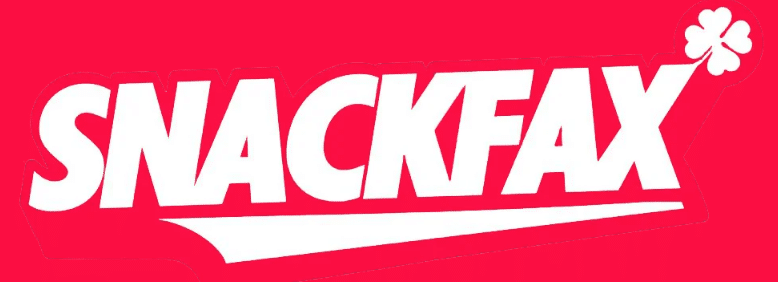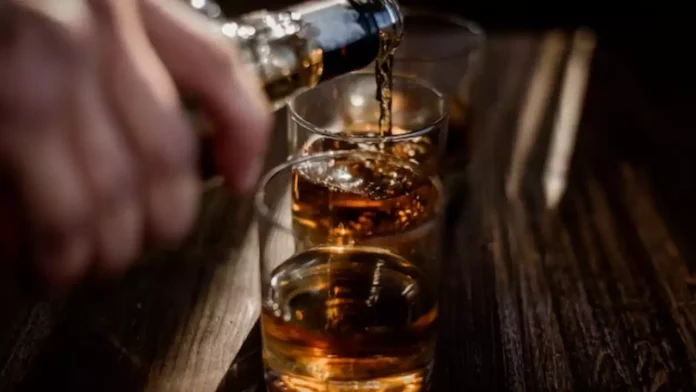The demand for Indian spirits is soaring, with a surge in the popularity of domestically produced liquor such as Indri, Amrut, and Radico Khaitan’s Rampur. Anticipated to surpass $1 billion soon, India’s alcohol exports to other countries have witnessed substantial growth. According to Rajesh Agrawal, additional secretary in the commerce ministry, the sector’s exports have already reached $230 million from April to October in the fiscal year ending March 31, 2024, compared to $325 million in the previous fiscal year 2022-23.
“The demand for Indian spirits is increasing…It is expected to go beyond $1 billion in the next few years. Indian beverages market is growing very fast and slowly demand for these brands across the world is also picking up,” Agrawal told reporters in New Delhi.
The global market for alcoholic products is currently estimated at around $130 billion, and within this sector, Scotch whisky claims a notable presence by capturing a significant $13 billion share of the world trade.
When asked if free trade agreements of India will help promote these exports, he said, “This is also one of the areas where we are trying to negotiate upon…we are also trying to see the duty concessions that are required in various destinations, we get (that)”.
The condition regarding a product’s qualification as whisky, stipulating a maturation period of no less than three years, is still unresolved.
The Indian industry asserts that due to the warm climate in India, the product matures within one year, yielding comparable results.
“The debate is still on whether we should brand it as Indian whiskey or look for a scotch (brand)…International law in many countries prohibits that (one-year thing). It is an unresolved issue,” he added.
The Confederation of Indian Alcoholic Beverage Companies (CIABC), representing alcoholic beverages makers, has emphasized multiple times, supported by scientific evidence, that extended maturation is not applicable in a warm Indian climate.
“We believe that it is effectively a non-tariff barrier since long maturation increases the cost of Indian products by 30-40 per cent as spirit evaporates 10-15 per cent every year under Indian climate (compared to 1-2 per cent in Europe),” CIABC Director General Vinod Giri has said.
He also mentioned that the cost of capital invested during maturation in India is high, ranging from 8-10 percent per annum, in contrast to the 2-3 percent observed in Europe.
Agrawal said there will be a dedicated wine and spirits section in the upcoming three-day Indus Food show in Greater Noida, Uttar Pradesh. Participating in the event will be over 2,500 global buyers, 5,000 domestic buyers, and 86 retail chains, along with the presence of over 120 foreign exhibitors.


